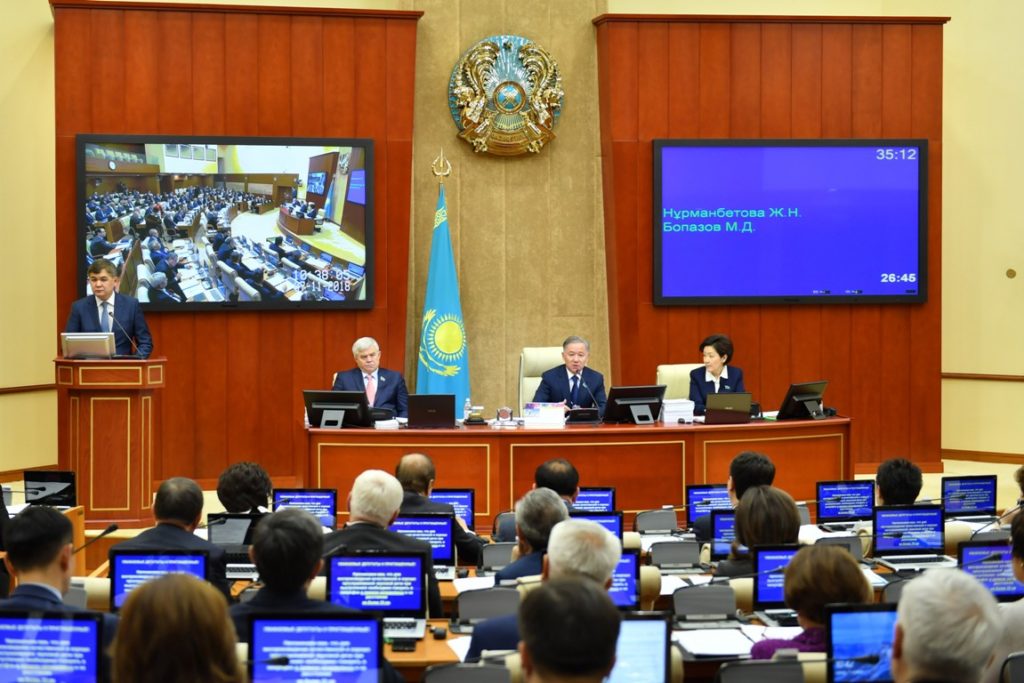ASTANA – The Kazakh Majilis, the lower house of the country’s Parliament, recently endorsed changes to 11 legislative documents, including the Health Code, Criminal Code, Criminal Procedure Code and Administrative Offences Code.
The amendments cover several areas, said Minister of Healthcare Yelzhan Birtanov. The changes include a new model for the country’s guaranteed volume of free medical care and compulsory social medical insurance package, improved corporate management of medical organisations, introducing a single plan to develop healthcare infrastructure, public health protection and improved medical education and science.
The model of a guaranteed volume of free medical care will be aligned with World Health Organisation standards to seek universal health coverage.
As part of the plan, medical services such as ambulance and medical aviation, primary health care, emergency outpatient and inpatient care and palliative care will be provided to all citizens, returnees, foreigners and individuals without citizenship permanently residing in the country.
The amendments also deal with socially significant and chronic diseases and provide for consultancy and diagnostic care, ambulance medicine provisions and medical rehabilitation for patients diagnosed with tuberculosis.
The mandatory social medical insurance covers other medical services including preventive medical check-ups; high-cost laboratory services such as for hormones, vitamins and antigens and high-cost diagnostic services including computer tomography (CT) scans and magnetic resonance imaging (MRI).
“With these amendments in place, we expect certain results. The duties of the state were clearly defined and overload that is common among primary care physicians will be decreased, [including] emergency medical services. For the population, it entails increasing access to medical care and declining out-of-pocket spending as a result of increasing financing in the health system,” said Birtanov.
Majilis chair Nurlan Nigmatulin stressed the importance of the changes.
“The significance of this bill is that a new model of the guaranteed volume of medical care was developed that encompasses the entire population of the country with basic medical services,” he said.
The bill also stipulated incorporating international standards in medical education and evaluating faculty members’ competency and students’ knowledge and skills.
Integrated academic medical centres and the university clinic system at Nazarbayev University will serve as examples in combining science, practice and education.

